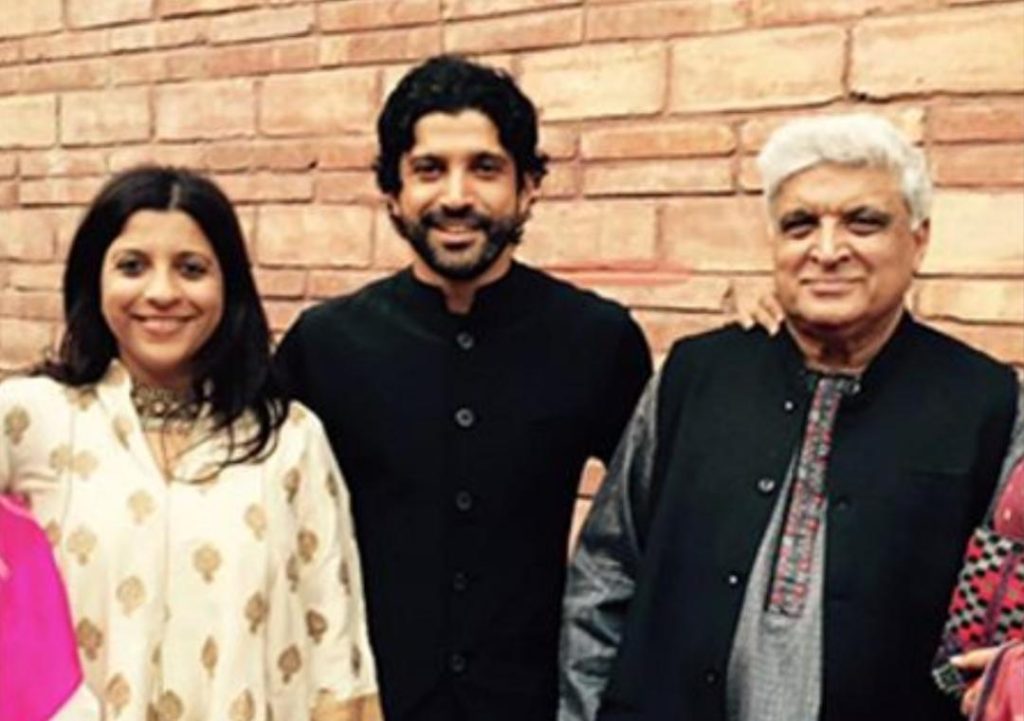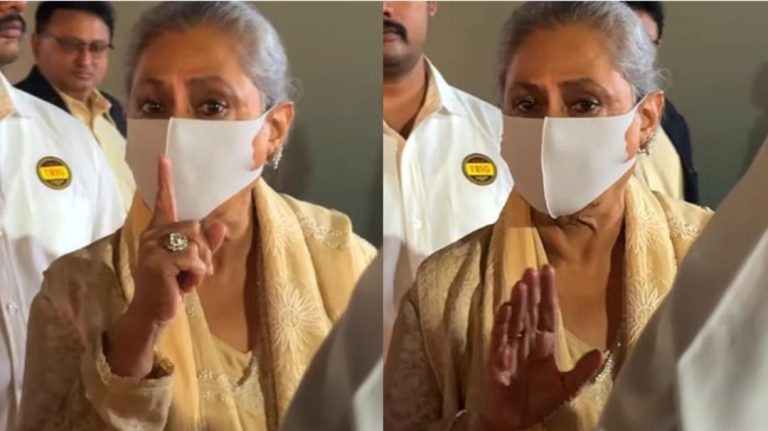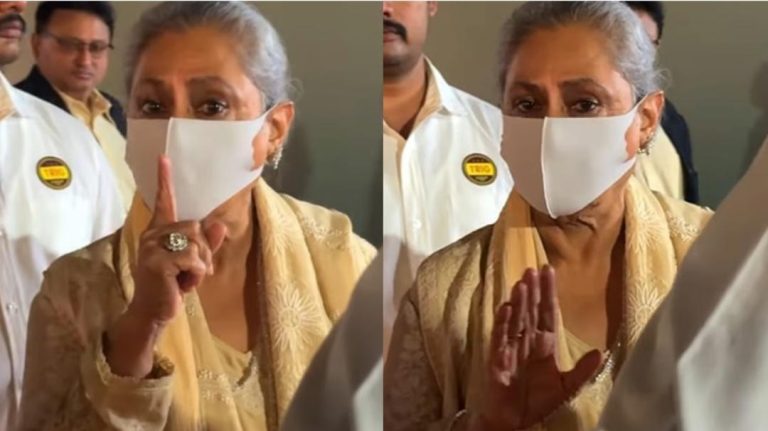
It’s difficult working for my children Zoya & Farhan: Javed Akhtar
The renowned lyricist, Javed Akhtar, has been a part of the Indian film industry for decades, and his work has left an indelible mark on the world of Bollywood. With his sharp intellect and poetic words, he has brought to life some of the most iconic songs in Indian cinema. However, in a recent interview, Akhtar revealed that working for his own children, director Zoya Akhtar and actor-filmmaker Farhan Akhtar, is a far more daunting task than working for others.
“It’s easier to work for others…working for your own children is very difficult…They don’t think, ‘He’s our father, so we won’t say anything’…In fact, they feel they must say something,” Akhtar said in an interview. This candid confession has left fans and fellow industry professionals intrigued, wondering what exactly makes it so challenging for Akhtar to work with his own children.
Akhtar’s statement is a testament to the fact that even in the most loving and supportive families, there can be a sense of tension and competition when it comes to creative pursuits. Working with family members can often blur the lines between personal and professional relationships, making it difficult to maintain a sense of objectivity.
In the case of Akhtar, his children, Zoya and Farhan, are both established professionals in their own right, with Zoya having directed successful films like “Zindagi Na Milegi Dobara” and “Gully Boy”, and Farhan having acted in and produced numerous films. This level of talent and expertise can make it challenging for Akhtar to separate his role as a father from his role as a collaborator.
Akhtar also had some kind words for his daughter Zoya, describing her as a “tough taskmaster”. This statement suggests that Zoya is a perfectionist, who demands a lot from herself and others. As a director, she is likely to have high standards and expectations, which can be daunting for even the most experienced professionals.
Akhtar’s admission about finding it difficult to work with his children raises important questions about the nature of creative collaboration and the dynamics of family relationships. While it is natural to want to support and encourage our loved ones, it is also essential to maintain a sense of professionalism and objectivity in our work.
In the case of Akhtar, his willingness to acknowledge the challenges he faces when working with his children is a testament to his humility and commitment to producing the best work possible. Rather than shying away from the difficulties, he is confronting them head-on, and finding ways to navigate the complex relationships he has with his children.
As a father and a collaborator, Akhtar is likely to bring a unique perspective to his work with Zoya and Farhan. His experience and expertise will undoubtedly be invaluable, but it will also be important for him to find a balance between his roles as a father and a collaborator. By doing so, he can help his children to grow as artists and professionals, while also maintaining a sense of pride and fulfillment in his own work.
In conclusion, Javed Akhtar’s admission about finding it difficult to work with his children Zoya and Farhan is a powerful reminder of the complexities of creative collaboration and family relationships. While it may be challenging to work with loved ones, it is also an opportunity to grow and learn together. As a father and a collaborator, Akhtar is well-positioned to navigate these challenges, and his experiences will undoubtedly provide valuable insights for others who are also navigating the complexities of family and creative work.




